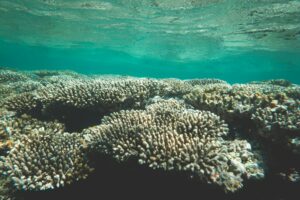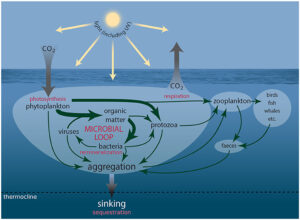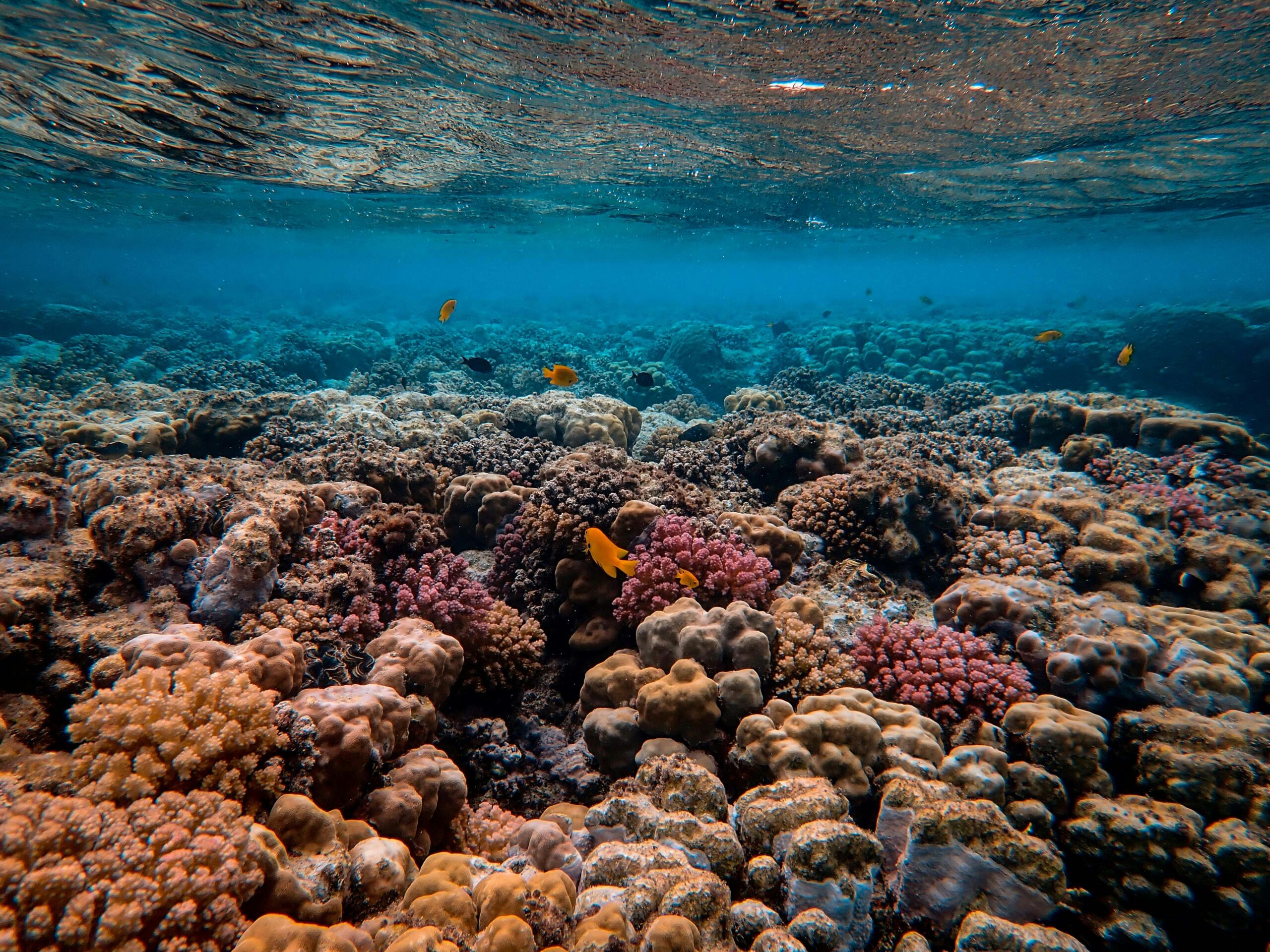[ad_1]
Taniguchi, A., Nishimura, S., & Eguchi, M. (2024). Coral mucus effects on bacterial growth, respiration, and grazing mortality in reef systems. Journal of Experimental Marine Biology and Ecology, 573, 152003. https://doi.org/10.1016/j.jembe.2024.152003
Mucus That’s…Good for the Environment?
When humans get sick, we worry about viral loads, the mucus in our throats, and spreading all the unhealthy bacteria we cough and sneeze into the air.
But what if this bacteria was actually beneficial to the environment?
Corals, specifically the Acropora species, regularly spew bacteria-filled mucus into the sea to defend against environmental and biological stressors. The mucus can trap and carry particles, energy, and large amounts of organic matter throughout the ocean.
The movement of such a nutrient-filled mass can have a severe influence on the activity of near-invisible sea critters, like bacteria, and has been known to speed up the transfer and energy of materials in the reef.
In this study, researchers set out to find out for the first time how coral mucus affects mortality and respiration of the bacteria on the reef, which can have fascinating implications for the marine nutrient cycle.

Coral reef underwater of tropical sea. Image credits: Lachlan Ross via Pexels
Collecting Coral Snot
The research for this study took place in Keten Bay of Amami Island in Kagoshima, Japan. Seawater was collected from one location inside of the bay and one outside of the bay during October and May of 2013, 2014, and 2015.
Coral mucus was collected from the species Acropora hyacinthus and applied to the seawater samples, which were then compared to non-mucus control samples and measured for growth rates, carbon production, oxygen consumption rates (indicating respiration rates), and mortality rates of bacterial grazers.
How Good is Mucus for the Marine Environment?
Because coral mucus contains a large amount of carbon, it is easily utilized and broken down by bacteria. It’s no surprise, then, that the results of this study revealed that bacterial growth, respiration, and production were all higher in the seawater samples with coral mucus than in the ones without.
On the other hand, bacterial grazers did not show a significant change in activity or mortality in response to coral mucus. Still, the mucus could have a delayed influence on the number of nanoflagellates, a type of tiny organism that feeds on bacteria and phytoplankton, that live on the reef. If nanoflagellates increased with more coral mucus in the environment, this might indicate an increase in the number of bacteria.
Since the results showed that coral mucus leads to an increase in respiration by the bacteria, coral mucus likely also contains nutrients that are beneficial to the respiratory health of bacteria.
Overall, these novel findings suggest that coral mucus, unlike human mucus, is an essential nutrient transporter in the marine environment and helps fuel the marine food web.
Why Should You Care?

Figure 1. The microbial loop. Image credits: Deppeler & Davidson via Frontiers in Marine Science Open Access.
In general, these results indicate that coral mucus enhances the microbial loop (fig. 1), a process by which organic matter is cycled through the aquatic ecosystem via the planktonic food chain. This is an essential part of the movement of carbon through the environment.
Additionally, because the mucus is released in such large quantities, it can manage to drift far from its source and have significant effects on distant marine environments, even in small amounts.
Future studies should investigate how the composition and effects of coral mucus change under environmental stressors and other changing factors, especially as incidences of coral bleaching and disease become more common.
Cover image: Scenic Photo of Coral Reef, Francesco Ungaro via Pexels

I am an MPS student at the University of Miami’s Rosenstiel School of Marine, Atmospheric, and Earth Sciences pursuing a degree in Marine Biology and Ecology on the Tropical Marine Ecosystem Management Track. After graduating, I plan to use my education and experience to pursue a career in science writing or film production to help communicate the importance of the ocean to the general public.
[ad_2]
Source link

